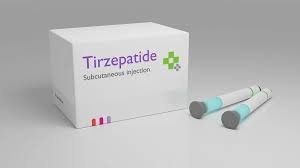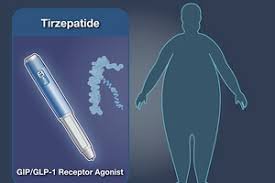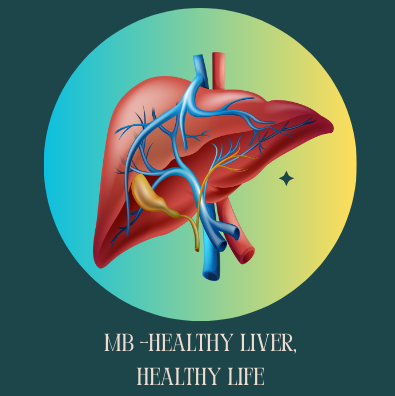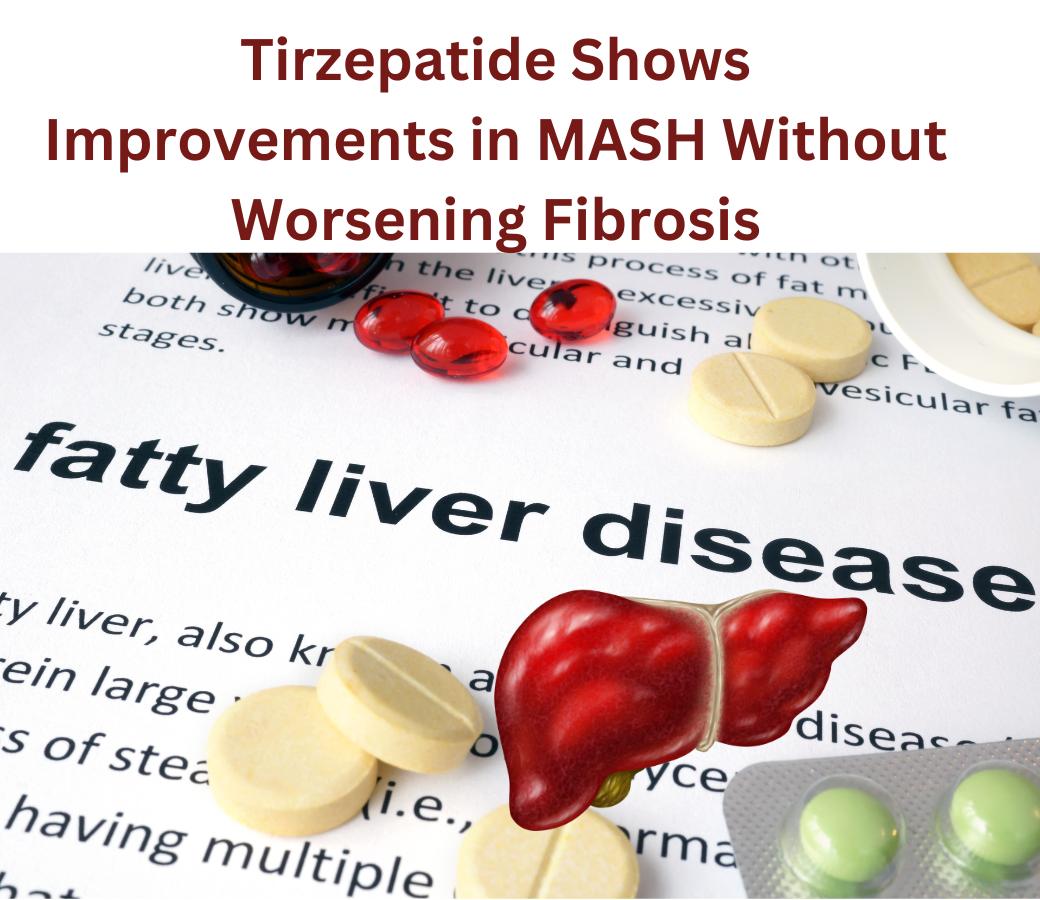Tirzepatide Offers Hope: Advancements in MASH Treatment Without Fibrosis Progression
Introduction
In the realm of liver diseases, metabolically Associated Steatohepatitis (MASH) stands as a formidable challenge, affecting millions worldwide. Recently, exciting news has emerged from the medical community: the drug Tirzepatide has demonstrated significant improvements in MASH without worsening fibrosis. This development holds promise for patients and healthcare providers alike, offering a beacon of hope in the fight against this progressive liver disease.
Understanding MASH
MASH is a severe form of non-alcoholic fatty liver disease (NAFLD) characterized by inflammation and damage to liver cells. It can progress to fibrosis (scarring of the liver) and even lead to cirrhosis or liver cancer if left untreated. The disease is closely linked to metabolic syndrome, obesity, type 2 diabetes, and other related conditions. Effective treatments have been elusive, making the recent findings about Tirzepatide particularly noteworthy.
What is Tirzepatide?


Tirzepatide is a novel medication that acts as a dual GLP-1 and GIP receptor agonist. Initially developed for the treatment of type 2 diabetes, it has shown remarkable potential in managing weight and improving metabolic health. The dual action of Tirzepatide helps regulate blood sugar levels and reduce appetite, leading to weight loss and better control of metabolic parameters.
The Breakthrough: Tirzepatide and MASH
Recent clinical trials have explored the effects of Tirzepatide on patients with MASH, and the results are encouraging. Participants in these trials experienced significant improvements in liver health markers without an increase in fibrosis, a critical concern in the treatment of liver diseases. Let’s delve into the details of these findings.
Reduction in Liver Fat
One of the primary benefits observed in the trials was a reduction in liver fat. Excessive fat accumulation in the liver is a hallmark of MASH, and reducing this fat is crucial in halting the disease’s progression. Tirzepatide’s dual mechanism of action effectively addressed this issue, leading to healthier liver profiles among participants.
Improvement in Inflammation
Inflammation is a key driver of liver damage in MASH. Tirzepatide demonstrated significant anti-inflammatory effects, reducing liver inflammation and thereby mitigating the progression of the disease. This anti-inflammatory action is a vital aspect of managing MASH and preventing further liver damage.
Stabilization of Fibrosis
One of the most remarkable aspects of Tirzepatide’s impact on MASH is its ability to improve liver health without worsening fibrosis. Fibrosis, or the scarring of liver tissue, can lead to severe complications if it progresses unchecked. The clinical trials showed that while Tirzepatide improved liver function and reduced fat and inflammation, it did not exacerbate fibrosis, making it a promising treatment option.
The Broader Implications
The positive results from Tirzepatide trials have significant implications for the future of MASH treatment. This medication’s ability to address multiple facets of the disease—reducing liver fat, decreasing inflammation, and stabilizing fibrosis—offers a comprehensive approach to managing this complex condition. Moreover, the dual benefits of Tirzepatide in controlling type 2 diabetes and promoting weight loss further enhance its potential as a valuable therapeutic tool.
Moving Forward: What Patients Need to Know
For patients diagnosed with MASH, these findings bring a new wave of optimism. Here are a few key takeaways for individuals and their healthcare providers:
- Consultation with Healthcare Providers: Patients should discuss the potential benefits of Tirzepatide with their healthcare providers. Personalized treatment plans are essential for effectively managing MASH.
- Comprehensive Approach: Managing MASH involves more than just medication. Lifestyle changes, such as adopting a healthy diet, engaging in regular physical activity, and maintaining a healthy weight, are crucial components of treatment.
- Ongoing Research: The field of liver disease treatment is rapidly evolving. Staying informed about the latest research and treatment options is vital for patients and healthcare providers alike.
Conclusion
The advent of Tirzepatide as a promising treatment for MASH without worsening fibrosis marks a significant milestone in liver disease management. Its dual benefits in improving liver health and controlling metabolic parameters offer a comprehensive approach to tackling this complex condition. As research continues and more data becomes available, the hope is that Tirzepatide will become a cornerstone in the fight against MASH, improving the lives of countless individuals affected by this challenging disease.
 https://analytics.google.com/analytics/web/#/analysis/p405220706
Skip to content
https://analytics.google.com/analytics/web/#/analysis/p405220706
Skip to content 
